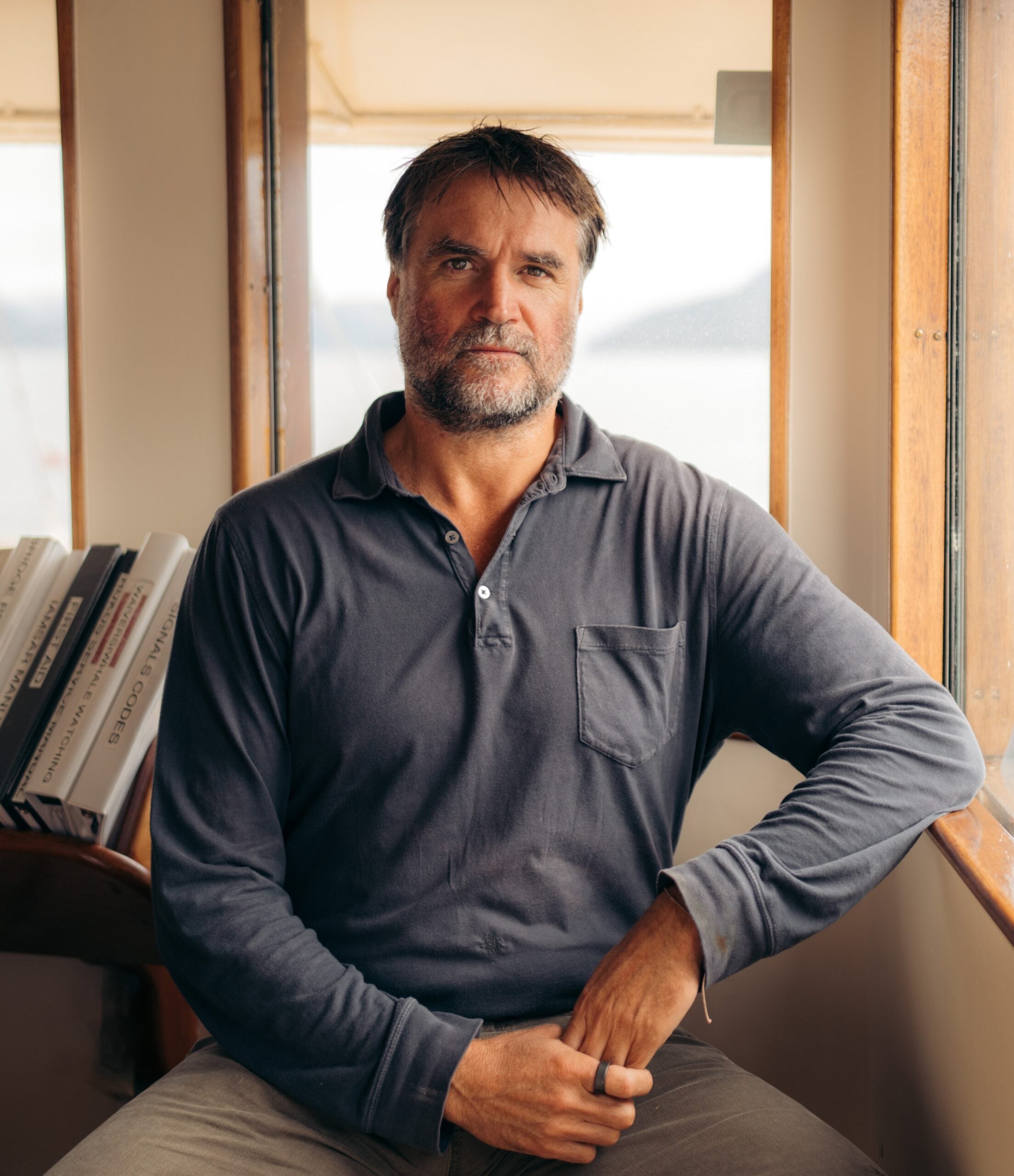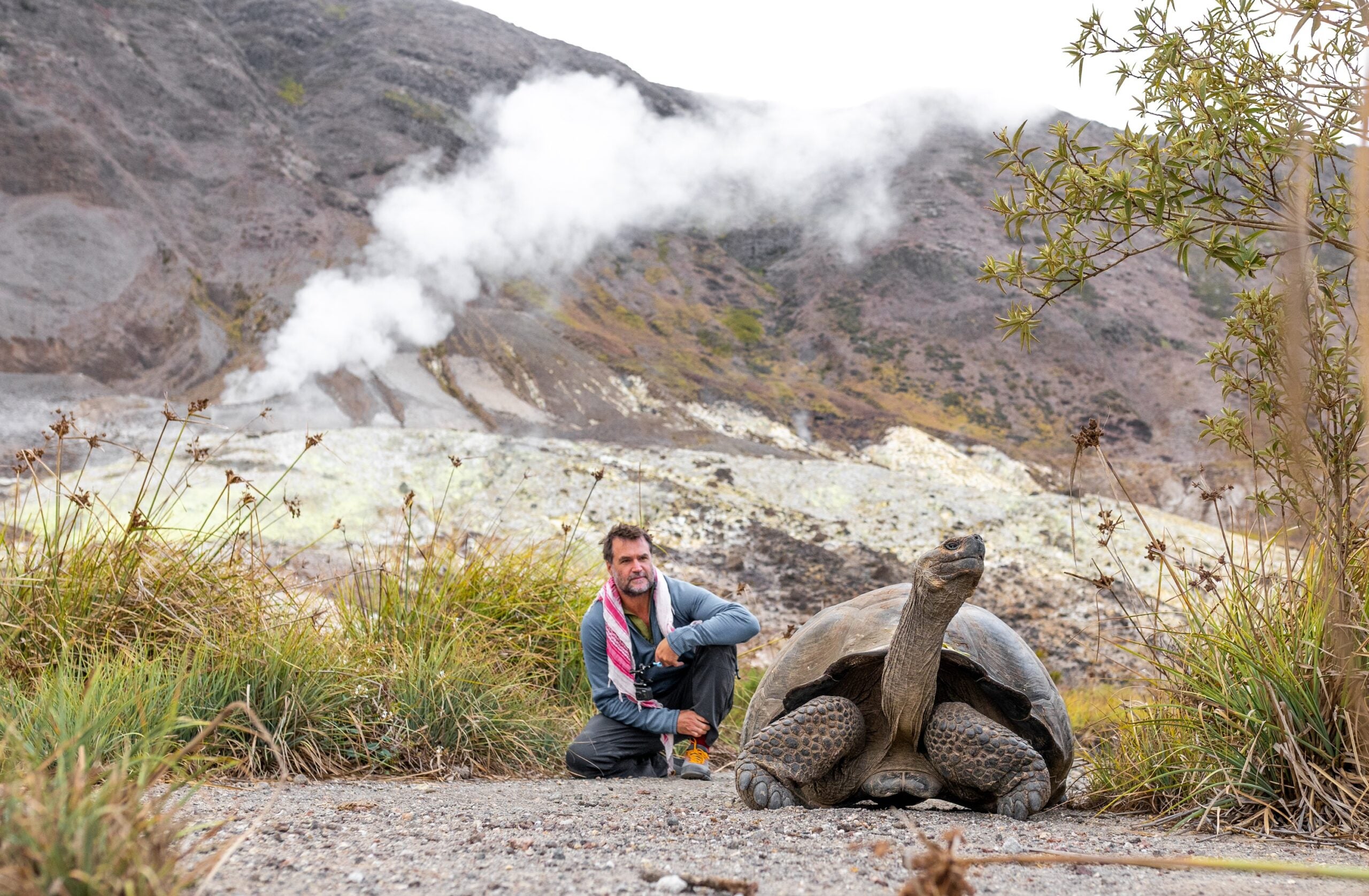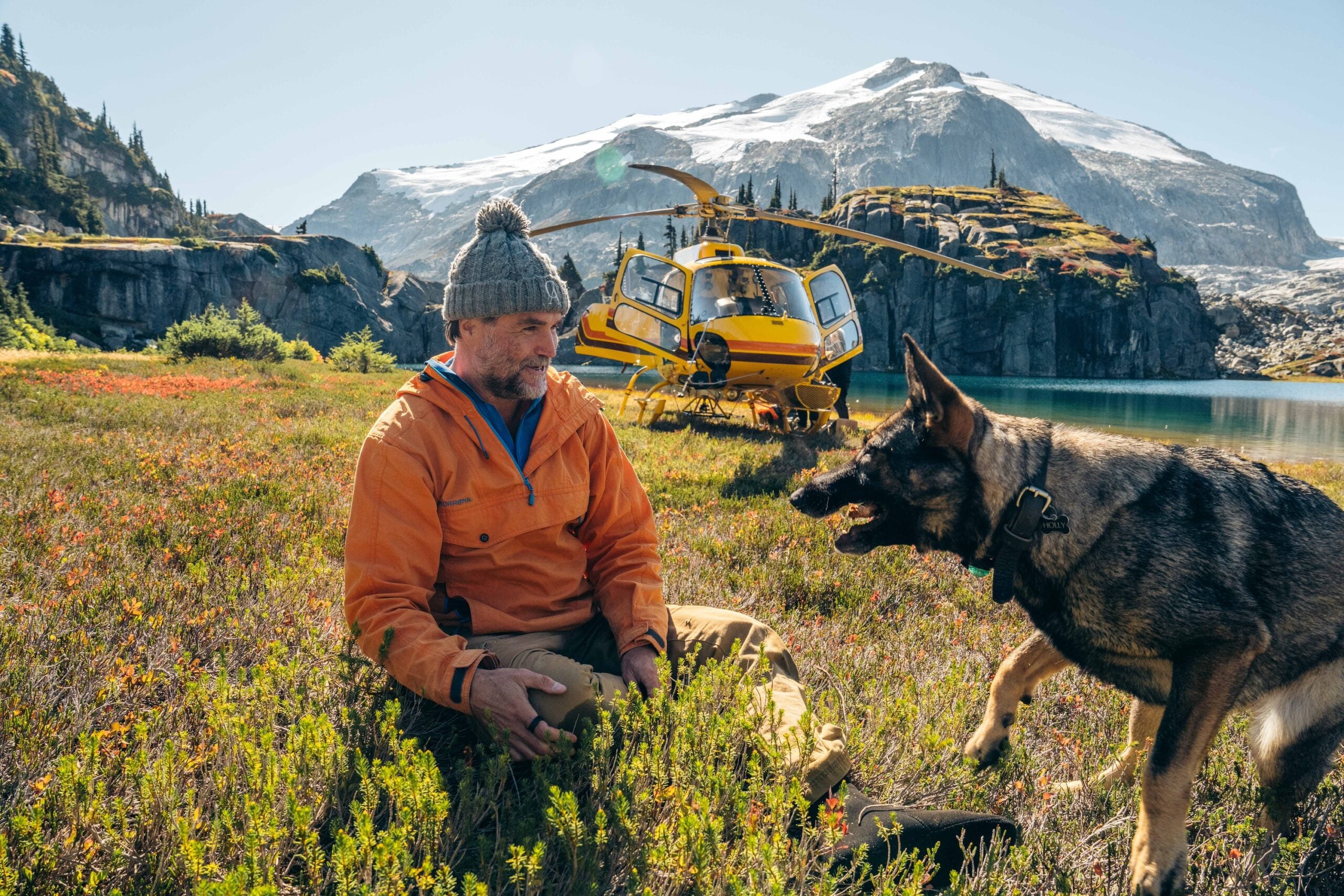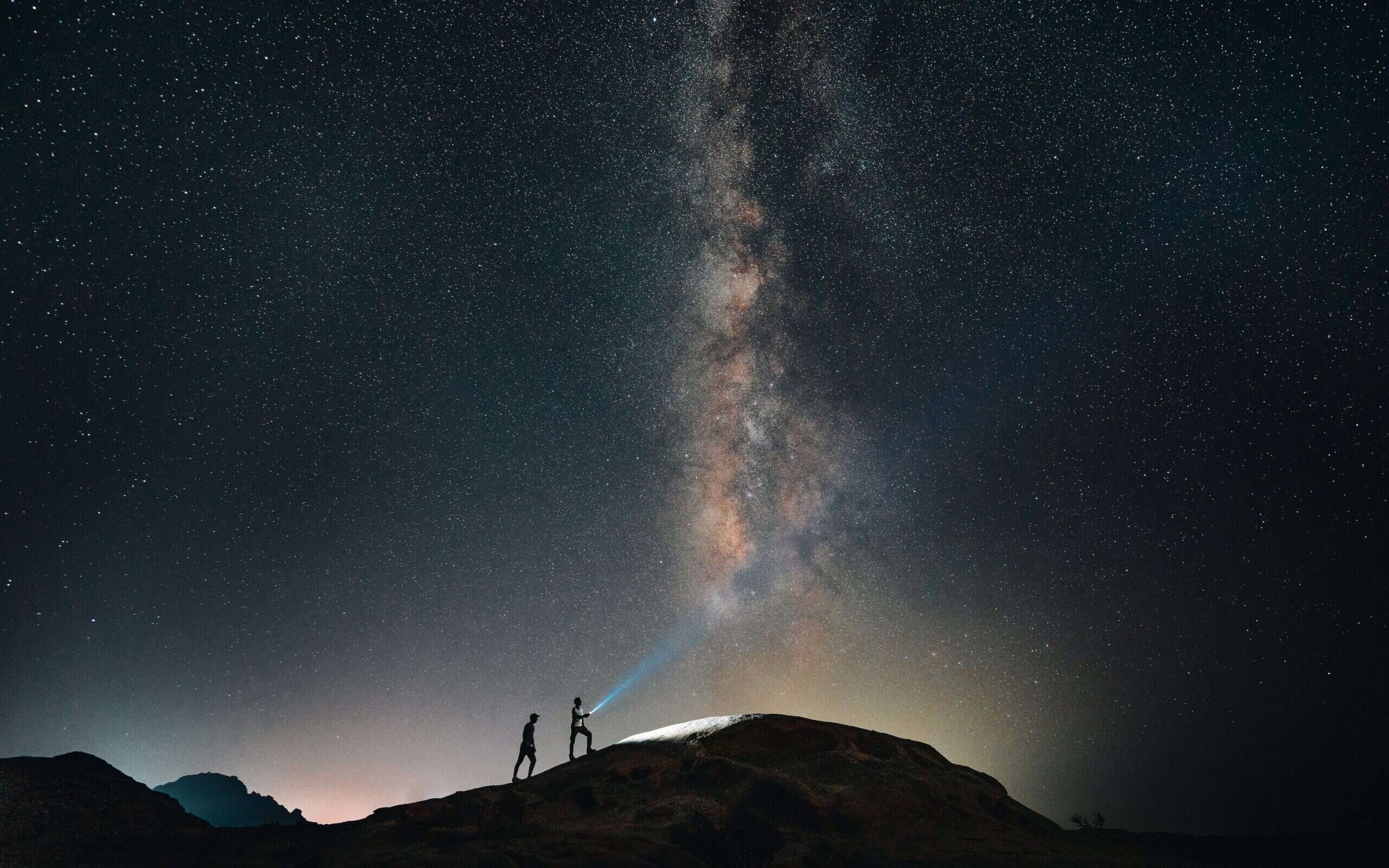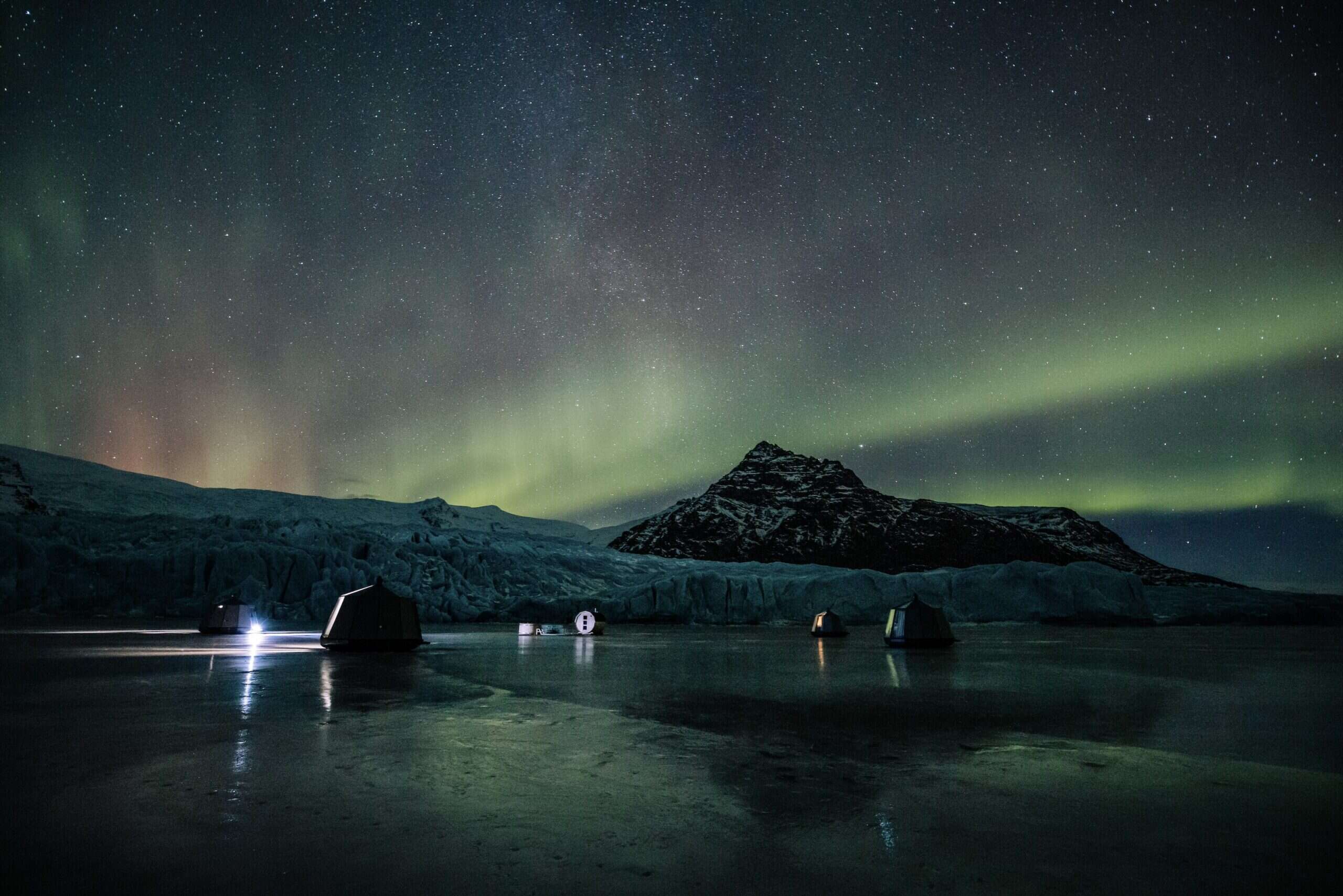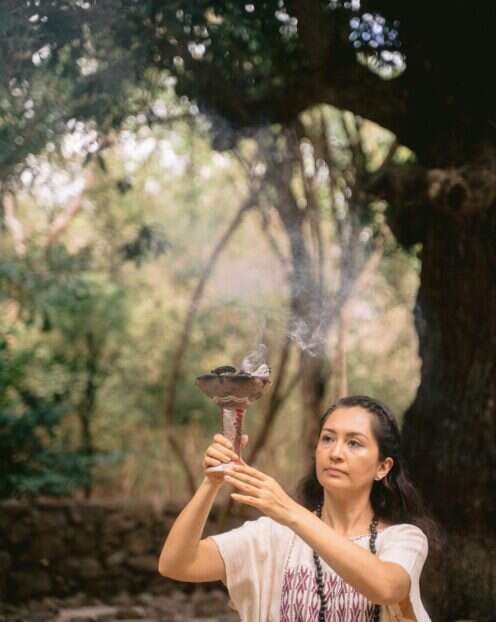A specialist in crafting ambitious, audacious travel experiences across the planet, Cookson Adventures facilitates only a small volume of ultra-bespoke trips for a very select portfolio of clients.
The company’s founder, Henry Cookson, a polar explorer who has the know-how when it comes to identifying the world’s most remarkable places and experiences, gives his take on astrotourism.
Are your clients actively requesting astronomy-themed trips?
It’s more nuanced than that. It’s rare that we have one focus for our trips, like cycling or photography, for example. But our clients want to enhance their understanding of the world and get under the skin of things; we aim to open their eyes, and stargazing plays a part in that. If you’re in this beautiful setup in the bush, we might fly in an astronomer with all their kit on a Cessna to tell you about the galaxies above as you sip your G&T. We find that even cynical clients who might have thought astronomy ‘geeky’ are won over if the storytelling is done right. If the astronomer can convey the distances and times involved, it puts into perspective how insignificant we are, that we’re just a speck; it’s mind-blowing.
Are there any stargazing moments that stand out?
We once had a request for a guaranteed Northern Lights viewing. That’s impossible to deliver but I like a challenge, so we got a NASA meteorologist to calculate the probabilities of sightings over the entire aurora ring. We planned a celestial trip one February that began with seeing a solar eclipse in Svalbard and then flying to a remote summer lodge in northern Canada. This being winter, we had to defrost the lodge in advance, over a number of weeks, and fly in husky teams and chefs, but it all worked out: Our guests had five nights straight of Northern Lights viewings, and two of the guests got engaged.
What other destinations deliver incredible astrotourism opportunities?
Stargazing in Socotra, an ancient island off mainland Yemen studded with dragon blood trees that has been off limits for a long time, is very special. The setting has an Arab feel, and you might hear camel herders singing as you look above. Namibia is wonderful for astrotourism, as are the Galápagos. You could spend the day underwater looking at hammerheads, before returning to your boat at night. With nothing obstructing your view, the stars extend all the way to the horizon and, if you’re lucky, there might be phosphorescence sparkling in the water beneath you.
What’s your take on space travel innovations from the likes of Musk and Bezos?
This is a sensitive one. We have clear issues on our planet already, so what are we trying to achieve with space travel? If we’re looking to colonize another planet — if that’s even possible — are we just giving up on what we currently have? If it’s for science and knowledge, then there is an argument for it, but otherwise, I wonder if it benefits humanity. My feeling is that the best technology [for soaring above Earth] is balloon technology. You could float in a pod and host dinner for 12 or even just go as a couple and enjoy an experience that lasts for hours rather than minutes.
What other travel trends do you see emerging?
Wellness is such a big thing, but for some years now we’ve been integrating our wellness experiences right into nature. That might mean offering breathwork sessions in ancient forests in British Columbia that have their own special energy. You might be near a lagoon where whales are breaching or near where bears are feeding, or hear a wolf howl as you practice. Moments like this are powerful reminders of how nature and the environment are so important.





